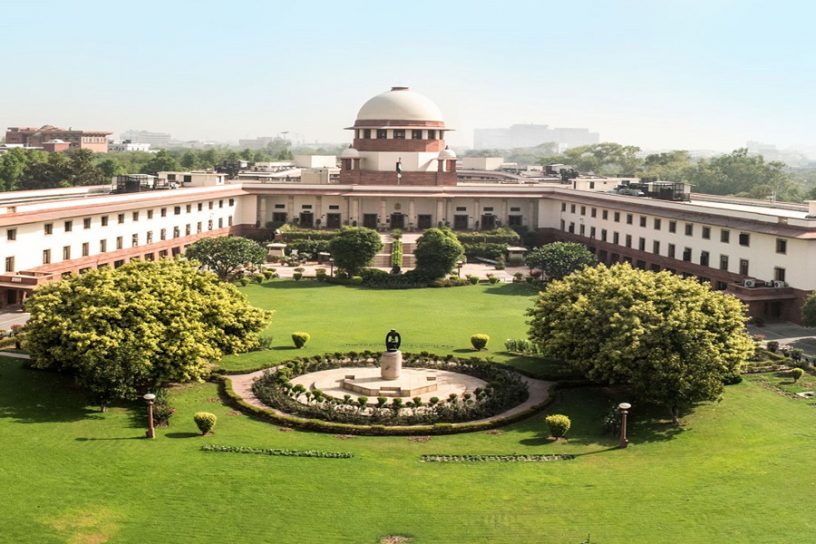
While judicial incorporation of international law may not be a bad thing, the court needs to demonstrate greater analytical rigour in dealing with international law, both treaty law and binding customary norms.
Author
Prabhash Ranjan, Professor and Vice Dean, Jindal Global Law School, O.P. Jindal Global University, Sonipat, Haryana, India.
Summary
In the relationship between international law and national law, the normative framework enshrined in the Indian Constitution is of formal dualism. Thus, international law does not become part of the Indian legal regime until it goes through a process of transformation i.e. the parliament passing a legislation to implement international law.
However, the Supreme Court of India has moved away from this formal dualism to the monist tradition of incorporating international law in the domestic legal regime provided the international law is not inconsistent with domestic law. This paper traces this journey.
It argues that while the Supreme Court has indeed moved towards the doctrine of incorporation, this shift is riddled with several inconsistencies and incoherence. While judicial incorporation of international law may not be a bad thing, the court needs to demonstrate greater analytical rigour in dealing with international law, both treaty law and binding customary norms.
Published in: Liverpool Law Review
To read the full article, please click here.


